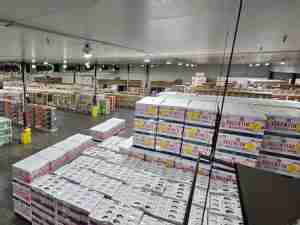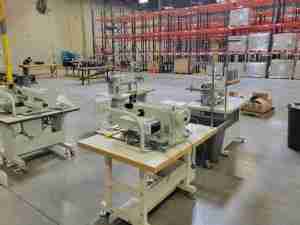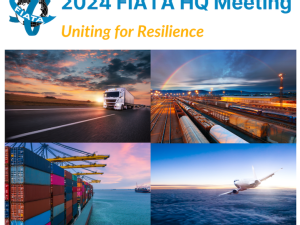BIFA Director General, Peter Quantrill welcomes the news that the U.S. Customs and Border Protection (CBP) and the European Union (EU) have fully implemented mutual recognition of the CBP's Customs-Trade Partnership Against Terrorism (C-TPAT) programme and the EU's Authorised Economic Operator (AEO) programme.
However, he says, 'We are disappointed that freight forwarders and customs brokers which are AEO-accredited will not benefit from the reduced risk scores under the MRA.
'When we studied the contents of a question and answer paper on the EU-US Mutual Trade Recognition Decision, we were surprised to see that the reduced risk scores benefit only applies to EU exporters and manufacturers which are AEO-accredited, not customs brokers and freight forwarders.
'It is clear that an AEO-accredited freight forwarder might only benefit indirectly from a reduced risk score if the manufacturer/ exporter of the goods that are exported is an AEO.
'BIFA welcomes all attempts which do not compromise national interests to improve trade facilitation for goods moving across international frontiers.
'Since the programme started, BIFA has consistently supported the concept of AEO, and encouraged its members to work towards accreditation. To acquire the accreditation requires considerable effort in time, money and human resources.
'It is extremely disappointing that the efforts of our members to improve supply chain security and customs compliance are not recognised by EU and US regulators, who have overlooked the sector's efforts to support their trade security ambitions,' Quantrill concludes.








